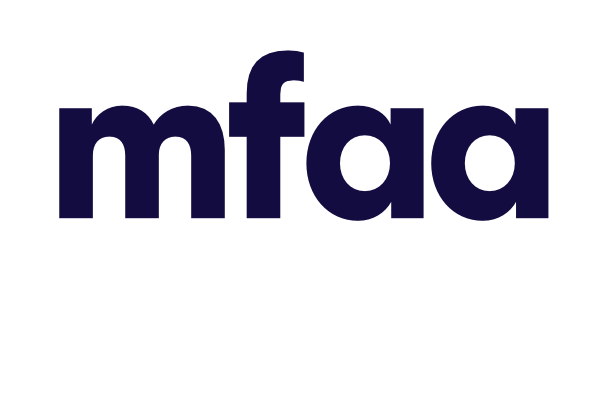

Revenue NSW is seeking to apply payroll tax to the commissions your aggregator pays you, interpreting that you are an employee, representative, or agent of your aggregator.
Some aggregators have challenged this interpretation in the Supreme Court of NSW, with the Loan Market case being the first ruling handed down on 12 April 2024. Both parties have 28 days to appeal the decision.
While this has been under discussion for years, there has been a recent increase in audits, assessments, and legal action by Revenue NSW. The Loan Market case ruling and Finsure’s legal challenge against Revenue NSW have brought the issue into the spotlight.
The decision sets a legal precedent that could:
The MFAA believes that, as an independent small business owner, your commissions should not be subject to payroll tax.
Revenue NSW is the tax regulator for the NSW Government responsible for collecting taxes, including payroll tax.
As of 1 July 2022, the payroll tax rate is 5.45% on total wages exceeding the $1.2 million threshold.
In March 2023, the MFAA launched a campaign urging brokers to contact their local MPs to call for a moratorium on payroll tax action until there was industry certainty.
Not at this stage. The MFAA welcomed the establishment of a parliamentary inquiry into NSW Payroll Tax legislation and will be using this avenue to advocate for changes to legislation.
Payroll tax applies unless an exemption applies. Businesses may be exempt if:
The Loan Market ruling broadened Revenue NSW’s interpretation of exemptions to include:
Yes. The Loan Market decision appears to apply regardless of your business structure, including:
No. The ruling appears to apply to all brokers, whether they:
The judgment did not directly address this scenario. You should consult:
The Loan Market case focused on contracts between LMG and mortgage brokers. Whether this applies to commercial brokers depends on:
The Loan Market ruling suggests businesses may reduce payroll tax exposure by:
For tax planning, consult your accountant or legal advisor.
Payroll tax applies to aggregators, but the tax is based on the commissions paid to you.
The MFAA is concerned about:
The payroll tax rate is 5.45% of total "wages", but the full impact depends on:
The MFAA considers this a contractual issue between brokers and their aggregator. Brokers should:
If you believe the variation is unfair, you can lodge a complaint with the Australian Small Business and Family Enterprise Ombudsman (ASBFEO):
At a policy level, the MFAA is actively advocating for law reform so that the industry is not unfairly burdened with payroll tax obligations that were never intended to be levied on commission payments made through aggregators to brokers.
Not yet. However:
Where the tax liability arises will determine how other jurisdictions apply this ruling.
The MFAA is actively monitoring payroll tax developments across Australia. Our efforts include:
The MFAA cannot provide legal advice. If you have concerns, contact:
For general queries about MFAA’s advocacy on payroll tax, email us at payrolltax@mfaa.com.au.


You can sign up for free by creating an account. If you are new to the portal, select "Create an account" to register and gain access to a range of free and useful resources.
If you already have an account, simply log in. Once logged in, you can easily apply for membership. If you need assistance, call our support team on 1300 554 817 for assistance.